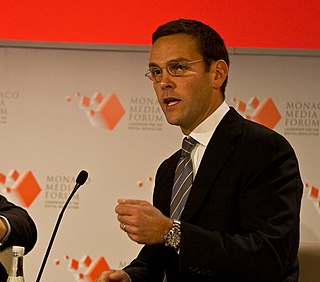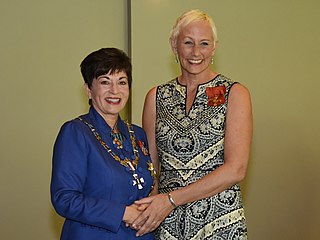A Quote by Carl Bernstein
The lowest form of popular culture - lack of information, misinformation, disinformation, and a contempt for the truth or the reality of most people's lives - has overrun real journalism. Today, ordinary Americans are being stuffed with garbage.
Related Quotes
It is proposed that a form of free dialogue may well be one of the most effective ways of investigating the crisis which faces society, and indeed the whole of human nature and consciousness today. Moreover, it may turn out that such a form of free exchange of ideas and information is of fundamental relevance for transforming culture and freeing it of destructive misinformation, so that creativity can be liberated.
Television is altering the meaning of 'being informed' by creating a species of information that might properly be called disinformation. Disinformation does not mean false information. It means misleading information - misplaced, irrelevant, fragmented or superficial information - information that creates the illusion of knowing something, but which in fact leads one away from knowing.
The government must give proper weight to both keeping America safe from terrorists and protecting Americans' privacy. But when Americans lack the most basic information about our domestic surveillance programs, they have no way of knowing whether we're getting that balance right. This lack of transparency is a big problem.
Popular culture as a whole is popular, but in today's fragmented market it's a jostle of competing unpopular popular cultures. As the critic Stanley Crouch likes to say, if you make a movie and 10 million people go see it, you'll gross $100 million - and 96 per cent of the population won't have to be involved. That alone should caution anyone about reading too much into individual examples of popular culture.






























